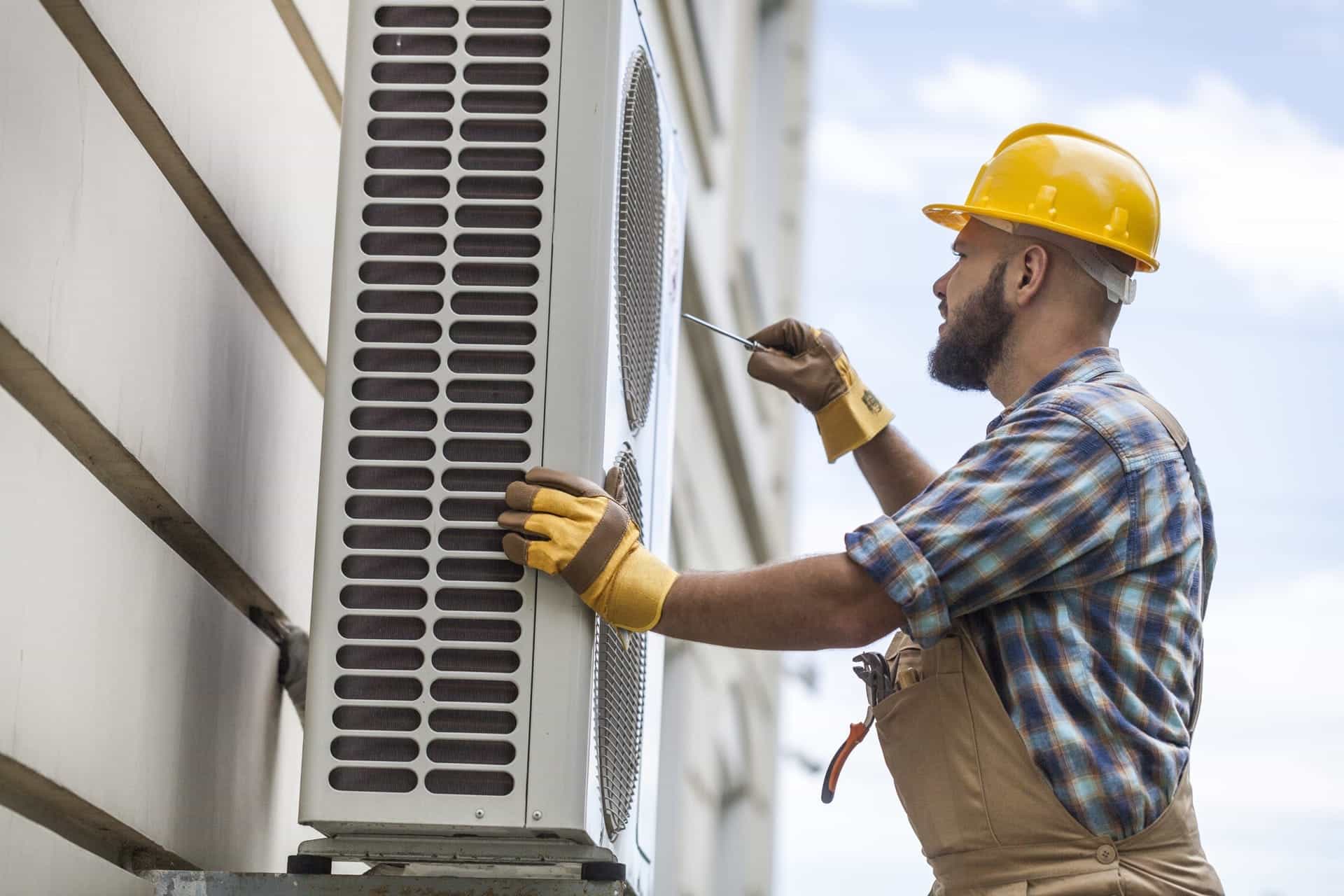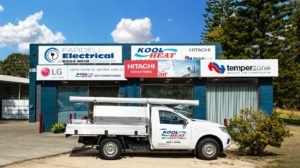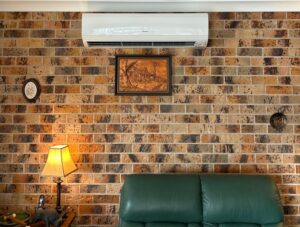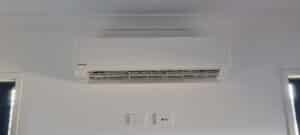When your air conditioner starts showing signs of trouble, you might find yourself wondering whether it’s worth repairing or if it’s time to invest in a new unit. You need to think about the age of your current system, the cost of repairs, and how energy efficiency plays into your long-term expenses. Each factor can significantly influence your decision, but the best choice isn’t always clear-cut. So, what should you consider first to ensure you’re making the most informed decision?
Assessing the Age of Your AC
To determine whether to repair or replace your air conditioner, you first need to assess its age. Most air conditioners last between 10 to 15 years, so check the manufacturer’s label for the installation date.
If your unit’s nearing the end of its lifespan, it’s wise to consider replacement. An older unit may struggle to keep your home comfortable, leading to increased energy bills and frequent repairs. If you’re facing issues with an AC that’s over a decade old, weigh the benefits of investing in a newer, more efficient model against the costs of ongoing repairs.
Evaluating Repair Costs
Evaluating repair costs is crucial in deciding whether to keep your air conditioner running or invest in a new model. Start by gathering quotes from reputable HVAC technicians.
Compare the cost of repairs to the price of a new unit, considering the age and condition of your current system. If repairs exceed 50% of the replacement cost, it’s often wiser to replace.
Don’t forget to factor in potential future repairs; an older unit may require more frequent fixes. Also, take into account warranty coverage. If your AC is still under warranty, repairs could be significantly cheaper.
Ultimately, you want to ensure that the money you spend leads to reliable cooling for years to come.
Considering Energy Efficiency
When weighing your options, energy efficiency plays a significant role in determining whether to repair your current air conditioner or invest in a new, more efficient model. Older units often consume more energy, leading to higher utility bills. If your air conditioner’s SEER (Seasonal Energy Efficiency Ratio) rating is low, it might be time to consider replacement.
Newer models typically offer improved technology and higher efficiency ratings, which can save you money in the long run. Before deciding, calculate your potential energy savings with a new unit versus the ongoing costs of repairs.
If you find that a replacement could lower your energy bills substantially, it might be worth making the switch sooner rather than later.
Analyzing Performance Issues
Noticing unusual sounds or inconsistent cooling from your air conditioner can signal underlying performance issues that need immediate attention. First, pay close attention to any strange noises like rattling, hissing, or grinding; these can indicate mechanical problems.
If your space isn’t cooling evenly, check for blocked vents or dirty filters, which can restrict airflow. Additionally, if your unit cycles on and off frequently, it may suggest an issue with the thermostat or an oversized system.
Regularly monitoring your AC’s performance helps you catch these problems early, potentially saving you from costly repairs later. If you identify persistent issues despite routine maintenance, you might need to consider whether repairs are a viable option or if it’s time for a replacement.
Long-Term Financial Implications
Understanding the long-term financial implications of your air conditioning choice can significantly impact your overall budget and comfort. When you decide to repair your unit, consider the frequency and cost of future repairs.
If you’re constantly putting money into an aging system, it might be more expensive than replacing it with a new, energy-efficient model. On the other hand, a new air conditioner may come with a higher upfront cost, but it’ll likely lower your energy bills and reduce maintenance expenses over time.
Evaluate how often you use your AC, the local climate, and your long-term plans. By weighing these factors, you can make a more informed decision that supports your financial goals.
Frequently Asked Questions
How Do I Know if My AC Is Under Warranty?
To check if your AC is under warranty, follow these steps:
– Locate the purchase receipt or the warranty card.
– Contact the manufacturer or retailer with your model number for verification.
– Don’t forget to check the warranty duration details!
Can Regular Maintenance Prevent Major AC Repairs?
Yes, regular maintenance can definitely prevent major AC repairs.
What Are Common Signs My AC Needs Replacing?
If your AC struggles to cool, makes strange noises, or frequently cycles on and off, it might be time for a replacement.
High energy bills can also indicate inefficiency, signalling you need an upgrade.
How Long Does an Average AC Unit Last?
An average AC unit lasts about 15 to 20 years, depending on usage and maintenance.
If yours is reaching that age, it’s smart to evaluate its performance and consider potential upgrades or repairs.
Is It Worth Upgrading to a Smart Thermostat?
Upgrading to a smart thermostat can enhance your home’s energy efficiency, providing you with better control and potential savings.
You’ll enjoy convenience and optimised comfort, making it a worthwhile investment for your living space.
Conclusion
In the end, deciding whether to repair or replace your air conditioner hinges on a few key factors.
If your unit’s ageing, repairs are piling up, or it’s no longer energy efficient, it might be time for an upgrade.
However, if the costs are manageable and your system still performs well, a repair could be the smart choice.
Weigh these considerations carefully to make the best decision for your comfort and budget.



